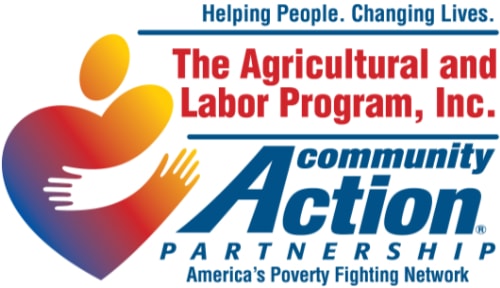Sovereign immunity is a historical legal doctrine of old. Kings and Queens could not be held liable for their actions as sovereigns as early law and government developed. In current times you will hear this doctrine invoked as a defense against liability whenever a government or government employee is sued in court, for example, in cases of police brutality. Florida’s sovereign immunity statutes still protect the government and its officials from personal liability in most cases and place limits on the amount of damages recoverable in most cases.
Section 617.0834, Florida Statutes, provides immunity to you as officers and directors of a Section 501(c)(3) corporation not for profit. You “……shall not be personally liable for monetary damages to any person for any statement, vote, decision, or failure to take an action regarding organizational management or policy…….”; but of course there are exceptions:
- If the officer or director failed to perform or breached their duties as an officer or director (see Lawyer Thiele’s Legal Corner, “Duties of Directors,” April 2, 2019;
- Reckless or malicious acts;
- Deriving improper personal benefit from any transaction (see the Corner, “Conflicts of Interest, September 2, 2019).
Most if not all states have enacted similar laws in order to encourage participation in non-profit community work and to shield your lawful activities from personal liability.
